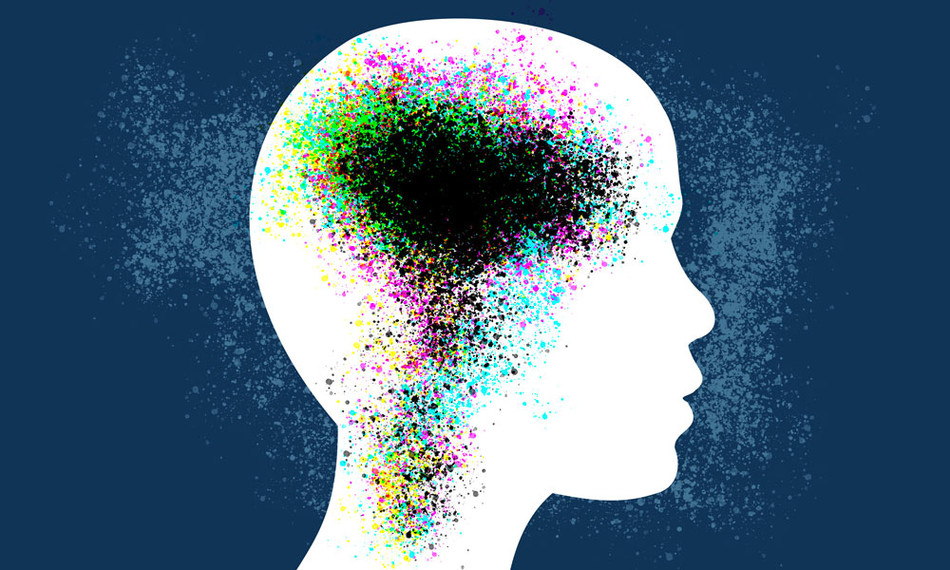We tend to think of our memories as fixed and unalterable, as if our brains were tape recorders faithfully archiving past experiences, but psychological studies have shown that our memories are, in fact, quite malleable. Each time we reflect upon a particular event, we may update it — a phenomenon that is widely known to cause problems for criminal investigators seeking reliable information from eyewitnesses and for therapists trying to uncover the roots of trauma.
But what if we could exploit the mutability of memory for our own good, rewiring our most embarrassing, depressing, or guilt-inducing recollections so that they lose their emotional sting? A team of researchers led by Megan Speer, a postdoctoral research scientist in Columbia’s psychology department, recently demonstrated how easily this can be accomplished. In a series of experiments reported in the journal Nature Communications, Speer and her colleagues asked participants to recall distressing memories from their own lives and to consider how the events in question actually had silver linings — how a romantic breakup freed them to enjoy new experiences, or how the death of a loved one liberated that person from suffering. The participants were then asked to periodically reflect on the redeeming aspects of these events. By the end of the two-month study, the researchers found that the participants had managed to recast their memories in a more positive light, which meant that thinking about the episodes caused them less stress.
Speer says that her research, in addition to identifying a simple strategy than anyone can use to manage painful thoughts, could have implications for treating depression, posttraumatic stress disorder, and other mental-health conditions.



